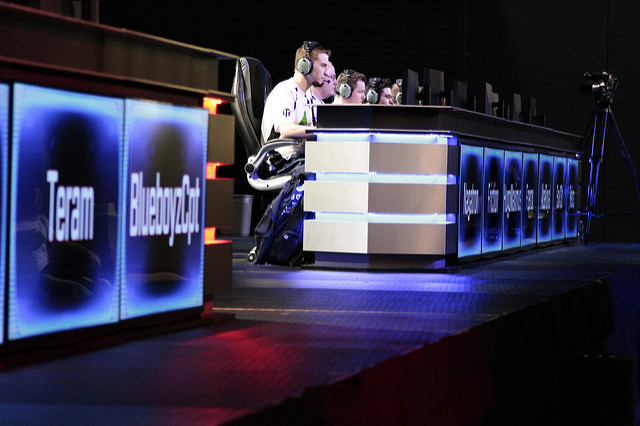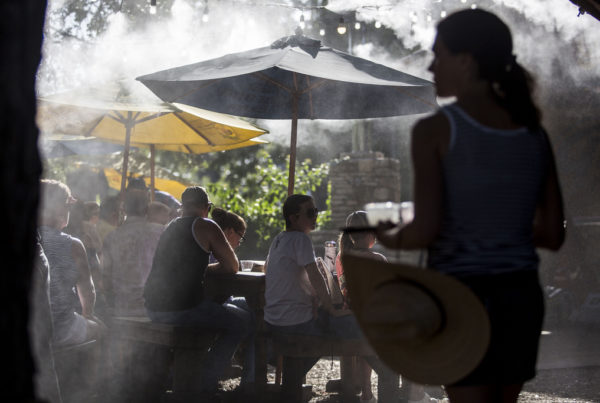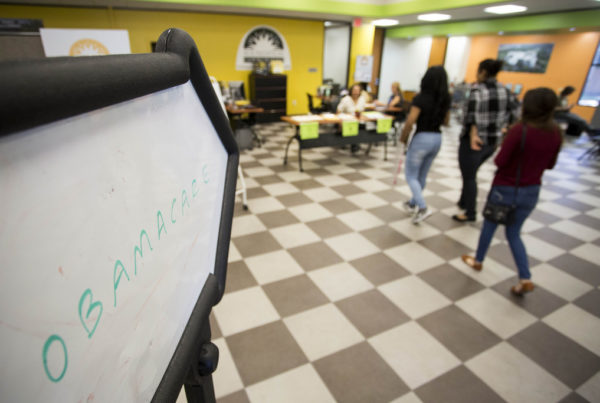Professional video gaming, known as esports, continues to grow in Texas. The Texas Rangers’ co-owner, investor Kenneth Hersh, brought professional esports team Team EnVyUs to Dallas last year, and in March plans for a multimillion-dollar esports stadium in Arlington were announced. Now the National Federation of State High School Associations has partnered with a gaming provider in hopes of bringing esports in to high schools.
Goldie Blumenstyk a senior writer at The Chronicle Of Higher Education says 70 colleges are offering scholarships as they try to get into the worldwide billion-dollar industry of esports.
“A bunch of different university are creating esports arenas on their campuses,” she says. “In some cases places where the students can play these games and other cases they are actually setting them up where they can be spectator sports, kind of what you’ve described going on in Texas.”
In high schools, the future of competitive video gaming is still up in the air. Texas University Interscholastic League has not taken on esports for the 2018-2019 school year. Esports in colleges however are treated similar to any traditional sport, Blumenstyk says.
“There is a national association of college esports. There are leagues around the country where students play this stuff and they tend to train, they have rooms where they watch game films of previous tournaments. So in a lot of ways they have the same ethos as some of the varsity teams,” she says.
And just like any sports chances of making it to the big leagues and getting paid professionally are slim.
“It’s like any professional sport,” Blumenstyk says. “How many young people are going to actually make it to the NBA, NFL? Not very many people are counting on that as their next career. That is kind of a very big crapshoot even if they are trying very hard at it. I think people need to be realistic at an esports career, as they need to be about a professional sports career.”
Blumenstyk says esports are not going away and warns institutions thinking of establishing esports in education that it is not as easy as clicking ‘play.’
“There are some people in higher education,” she says, “who have some questions about whether it should be as institutionalized as it’s becoming. It raises issues on Title IX, whether the same opportunities are being afforded to men as to women because this sport tends to attract more men than women. College sports have a lot of financial issues and a lot of questions about how it spends its money. Introducing esports into the mix just kind of adds to those complications. I think colleges are going to have to deal with this and I think high school are going to have to think about when they do this it’s not just saying ‘oh lets set up a room and have people play the game.’ There are a lot of ramifications that go along with institutionalized esports. So as they do that, as I suspect they will be, they need to be a little bit more mindful of how they go with it.”















